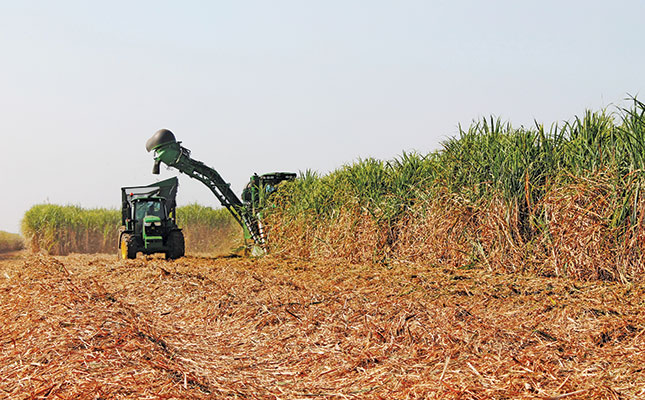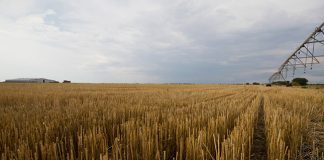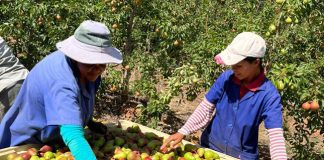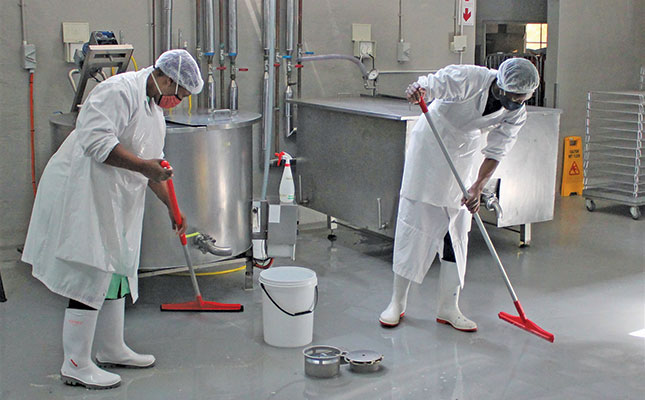
Photo: FW Archive
South Africa’s agriculture sector in general continues to display positive growth when measured in terms of output, exports and the creation of employment. In 2020, the sector grew 13,4% year-on-year, and the forecasts for 2021 also suggest growth.
Primary agricultural employment has remained relatively steady since the start of the COVID- 19 pandemic, with 868 000 people employed in the fourth quarter of 2021, and export activity reaching a record level of US$12,4 billion (about R180 billion) in 2021.
Despite this positive overall picture, some industries within the sector, such as sugar, have experienced difficulties.
The struggle
In terms of tariffs, the sugar industry is arguably one of the most protected in South Africa; it is also amongst the most heavily taxed, both domestically and globally. Taxes such as the Health Promotion Levy (‘sugar tax’) are aimed at reducing rising levels of diabetes and obesity.
The World Health Organization’s ‘Global Action Plan for the Prevention and Control of Noncommunicable Diseases 2013-2020’, published in 2013, was readily adopted by developed countries.
In response to this, sugar producers became innovative in order to meet changing consumer demands, and invested in product value addition and diversification of infrastructure. These efforts became a lifeline in some of the countries that adopted the principle of sugar taxes to reduce health issues such as obesity and diabetes.
The South African sugar industry has not been spared global sugar market dynamics, on top of its unique problems. Local role players have raised concerns about challenges facing the industry. High local production costs when compared with other sugar exporters, deteriorating infrastructure, sugar ‘dumping’, and levies have been highlighted as the main issues.
According to data from the South African Sugar Association, domestic sugar production between the 2005/06 and 2018/19 production seasons declined by at least 12,7%.
Of the two million tons of sugar produced domestically, 24% is said to come from black farmers, an impressive figure when compared with the contribution of black growers of other field crops in the country.
The sugar industry has always been one of the biggest and most important contributors to South Africa’s agricultural value-added products and exports. Between 2010 and 2021, the industry contributed an average of about R5,1 billion per annum to agricultural value-added products, and in 2019 it exported products worth R8,5 billion.
However, this has gradually declined due to issues such as low domestic production, escalating production costs, and rising cheap sugar imports.
These declining sugar exports are reflected in the 2021 trade numbers. According to the International Trade Centre’s Trade Map data, total export earnings were recorded at R5,7 billion in 2021, which was 23% lower than the R7,4 billion of 2020 and 33% lower than the R8,5 billion of 2019.
Amongst the aforementioned factors affecting South Africa’s capability to export sugar products are changing consumer tastes and preferences fuelled by health reasons, as well as the COVID-19 pandemic. The impact of reduced affordability on consumers’ purchasing behaviour and shifting eating patterns caused by the pandemic have exacerbated the decrease in global demand for sugary foods.
Support programmes
Despite the changing dynamics on the global sugar market, countries that produce sugar have instituted various support programmes to ensure their domestic producers remain competitive in the face of COVID-19 and changing sugar tax regimes.
Farmers in Brazil, Russia and India have benefitted from domestic trade and domestic market support measures, thus helping them to increase their sugar exports by 64%, 43% and 40% respectively between 2019 and 2020.
Equally, South African sugar farmers can benefit from enhanced domestic market support measures to increase their production capacity. The Sugarcane Value Chain Master Plan to 2030 is one of the tools with the potential to assist the domestic sugar industry.
Trade measures, such as increased tariffs on imported sugar, have been implemented since the adoption of the master plan in 2020, and this has somewhat assisted to mitigate cheap sugar imports into the country.
To further support the sugar industry, domestic market support programmes, such as product diversification and consumer education campaigns, are necessary. Consumer sentiment towards healthy eating habits is one of the factors contributing to low sugar demand.
Better consumer educational campaigns are necessary to keep consumers informed, while still maintaining a good demand for sugar. Developed countries are leading this phenomenon, and developing countries such as South Africa are quickly following up on this trend.
The industry might need to explore other uses for sugar or implement other creative ways of selling it. Therefore, diversification or value-addition through various agro-processing industries is critical to increasing demand for sugar and maintaining the industry’s growth.
It is also important to increase research and development to explore healthier sugar varieties that will ensure consumers’ eating habits are not affected in the future.
Given the importance of the industry in creating jobs, generating foreign income and contributing to agricultural value-addition, policymakers and industry captains need to channel resources and efforts towards the sugar master plan’s implementation to ensure the industry is supported and remains competitive on domestic and international markets.
Short-term exemption from sugar tax, for example, could create a breathing space for sugar farmers struggling with increasing production costs and fuel expenses.
Finally, state-supported educational campaigns to increase awareness among consumers of sugar and the health benefits associated with eating sufficient sugar nutrients are critical to retaining demand for sugar and sugar products on the local and regional markets.
Email Thabile Nkunjana at [email protected].













